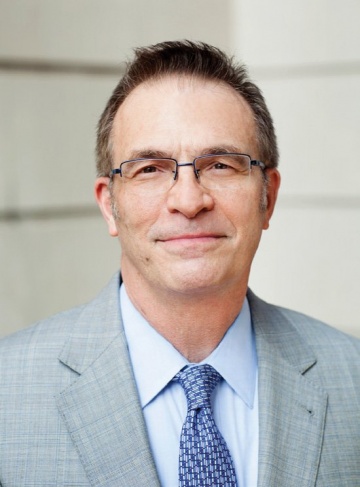The turnover of a year often inspires reflection on the year that’s just passed and on the possibilities of the year ahead.
Columbia College | Columbia University in the City of New York
The turnover of a year often inspires reflection on the year that’s just passed and on the possibilities of the year ahead.

Matthew Septimus
We have all been reminded that our individual fates are inextricably connected to those of our family members and loved ones, our neighbors and colleagues, and even strangers. The distinction of a Columbia College education is its ambition to teach students about the interconnectedness of human life and the common experiences we share. The Core Curriculum has long sought to investigate the enduring struggles, joys and concerns of humankind, and, more recently, the Global Columbia Collaboratory has brought together students and faculty from around the world to discuss and develop solutions for pressing global problems, from hunger to clean water.

TIFFANY THOMAS
Many students have told us that their academic experience has been better than expected — we have our tremendously committed faculty to thank for that — but I also know that, because of the kinetic nature of learning and socialization, nothing can fully replace the in-person experience. As the frenzied first stages of the pandemic subside, the days of seeing one another again are slowly coming into focus, even though they are still many months away. With that picture in mind, I have begun to think about the lessons we’re learning from Covid-19 and how we’ll apply them so that we may reap some benefit from the struggles of this time.
• Though the pandemic descended upon us quickly and was unrelenting in its havoc, the College was more agile in its response than I thought possible. This exciting discovery informs future possibilities of what we can achieve when not under the duress of a pandemic.
• The Core Curriculum is the bedrock of the College’s identity and academic experience, and we must strengthen its purpose, inclusivity and impact in this time of turmoil and isolation. We’ve begun important work with a diverse, multi-generational committee of students and alumni who are charged with thinking about how the Core will evolve and continue to respond to the timeless challenges of human existence.
• While the richness of the College experience is most evident in face-to-face encounters, it’s become clear that technology can and should have a larger role in our academic experience. Finding ways to sustain technology’s unique benefits post-pandemic is an important opportunity for us.
The greatest lesson I’ve learned from the pandemic thus far has been the staggering commitment of our community. Faculty and staff have worked relentlessly to field the innumerable curveballs thrown our way during the rapid transition to remote life, learning and work. Students have shared with us the ways they have expanded their mindsets and resourcefulness to adapt as best they can to the demands of this time. These new and honed skills will benefit them for decades to come.
These months have not been without frustrations, though. This has been a trying time in all of our lives. But the resilience and fortitude shown by so many reminds me of something I often say: Columbia is defined by its people, and those people are its most important asset. There is imperfection in our humanity, but we share a commitment that is unlike any other I’ve experienced.
I wish you and your loved ones good health and much warmth in 2021.

James J. Valentini
Dean

Published three times a year by Columbia College for alumni, students, faculty, parents and friends.
Columbia Alumni Center
622 W. 113th St., MC 4530, 6th Fl.
New York, NY 10025
212-851-7852
cct@columbia.edu

Columbia Alumni Center
622 W. 113th St., MC 4530, 4th Fl.
New York, NY 10025
212-851-7488
ccalumni@columbia.edu